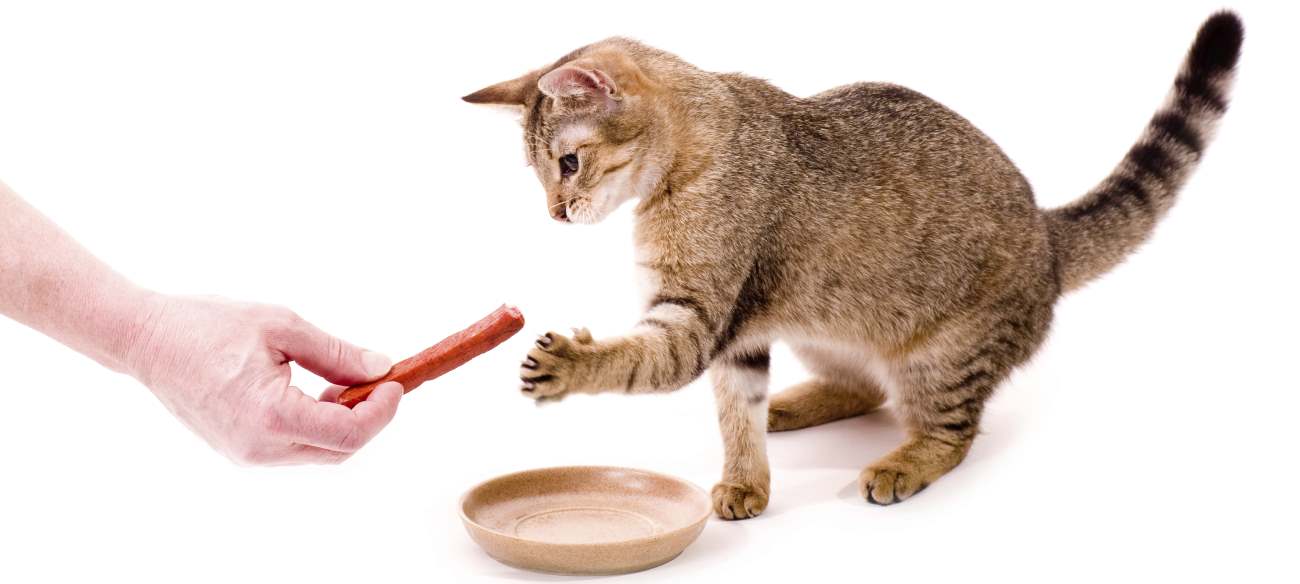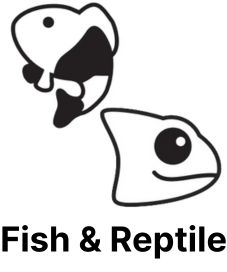
Cat Treats Information Petsmagnet
We like to treat our cats, but did you know treats can be incorporated into our cat’s normal diet?
Many cat treats can provide additional nutrition and advantages which some cats do not get from their normal diet.

So why should we treat our cats to some tasty treats?
These treats come in varying textures and flavours which could be different to their normal cat food. Remember, there is so much selection of treats on the market right now, which can make eating much more interesting for your cat.
Treats are an excellent way to help bond you with your cat, after all we all like treats from time to time and many owners get great pleasure from treating their cat.
Likewise, many cats get used to the routine of having a bonding session. This bonding relationship can only be good for you and your feline friend.
Using treats in training your cat for good behavior is an excellent way to reinforce positive actions. The best rewards for your cat are treats that they find not only tasty but will be happy to eat during training.
Remember, do not give your cat their favorite treat too regularly, it should be used as a reward for good behavior only.
Treats can help in recovery. If your cat is ill or injured, it can be difficult to get them eating again. If you offer your cat soft and easy to chew treats in their favourite flavor (such as chicken flavored cat treats or fish flavored cat treats), this can help nurture them back onto their normal diet.
Cats can struggle with dental disease, just as humans can. Cats with dental disease are often seen in veterinary practices, with an estimated 70% of cats over the age of three years old, affected by dental disease.
You can help reduce the risk of gum disease by establishing a daily home care regime for cleaning their cat’s teeth.
Should a cat not tolerate tooth-brushing, then hard dental cat treats can be given to promote tooth contact time and to clean the teeth. Cat treats can also help with bad breath. If you are worried about your cat’s teeth, then please seek veterinary advice.
How to choose the right cat treat
Every cat is different so the treats they would like will depend on the texture and the flavour which your cat prefers.
Remember to choose treats that are suitable for your cat, such as those suitable for sensitive stomachs or those treats which are suitable for cats who have allergies to certain ingredients Cat treats that are low in fat are becoming increasingly popular.
Can kittens have treats?
It is possible to give your kitten treats. The first thing you should do is to check that the kitten is ready to eat cat treats, as very young kittens might not be able to tolerate them.

When kittens reach 3 months old, they can start to have kitten treats for use in training and bonding purposes. Make the treat small enough for the kitten and ensure that the kitten is already on the correct food to meet their nutritional needs during growth.
Cat treats are delicious, but we do not give too many as it will affect their health and could lead to obesity problems. Occasional treats can have many benefits.
Is there cat treats for cats with sensitive stomachs?
There are many cat foods companies that make treats for cats with sensitive stomachs.
Always read the ingredients in case your cat may be allergic to them. The common ingredients that cats are most likely to be allergic to include beef, chicken, fish, dairy and eggs.
Some cat treats and cat food for cats with sensitive stomachs should include high quality animal protein (ideally a single source protein that the cat hasn’t tried before), healthy fats (including Omega fatty acids), easy to digest carbohydrates which are nutritionally balanced with no artificial additives.
Can I make homemade cat treats?
Many cat owners like to make their own treats for their cats, and there are plenty of recipes that can be found online, such as those on Battersea and the Cats Protection League. These include information on feeding your cat and how to make homemade cat treats.
There are (of course) certain foods which cannot be given to cats as a treat. These can be harmful and cause a wide range of health problems, including:
Chocolate
The chemical Theobromine, which is a bit like caffeine, is found in chocolate and is toxic to cats. Even a small amount of this chemical can cause heart problems, kidney problems and even seizures.
Grapes, currants, sultanas, and raisins
Grapes and food which contains currants, sultanas or raisins are toxic to cats. Even a small amount can cause kidney failure. Seasonal treats, such as Christmas pudding or mince pies can be extremely toxic.
Onions (and garlic, leeks, shallots and chives)
Onions, garlic, leeks, shallots, and chives all belong to the Allium species of plants and cause toxicity, whether uncooked or cooked. These types of feed can cause vomiting and diarrhoea. However, the main effect is red blood cell damage which can cause anaemia.
Any treats you give your cat should be alongside a well-balanced diet. If you would like more information on your cats nutritional needs from cat food to cat treats, here at Petsmagnet we are happy to discuss with you the wide range of feeds for your cat at any life stage.







Leave a comment